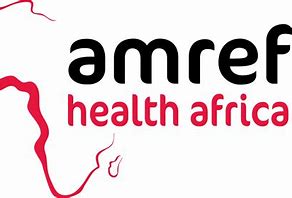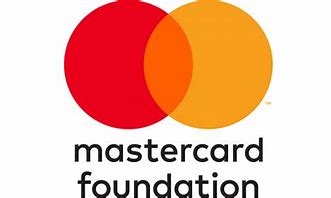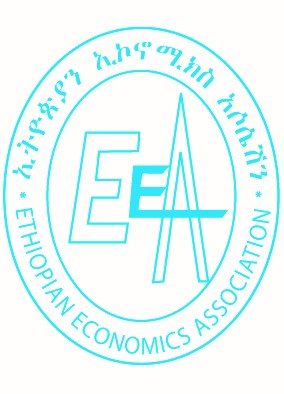Ethiopian Economics Association
Ethiopian Economics Association (EEA) was established in 1991 as a non-partisan and non-profit making professional Association in Ethiopia.
Professionalism and Economic thinking for Development!
Vision: The EEA is envisioned to become a premier economics association in Africa renowned for its evidence-based economic and policy research, membership services, and capacity building by 2030.
Mission: The mission of EEA is to provide a platform for networking, access to information and learning; to contribute to a better understanding of the global, national and local economic issues; to inform and influence economic policymaking and investment decision; to offer training and foster the advancement of discipline of economics.
Motto: Professionalism and Economic Thinking for Development
Ethiopian Economics Association (EEA) is a non-profit, non-partisan, and an independent research and membership organization in Ethiopia. Since its establishment in 1991, EEA strives to:
a) provide its members a platform of network, experiential learning, and access to current information;
b) undertake evidence-based analysis on an evolving social, economic and the environment realities of Ethiopia for informing policymakers, practitioners, investors, researchers, development partners and the general public;
c) contribute, more broadly, to frontier and emergent economic thinking relevant for Ethiopia, to advance research methodologies, contribute to academic rigor, and development processes.
EEA believes that research is a public good that plays a crucial role in supporting decision making for local and national development. In line with this, EEA has established the Ethiopian Economic Policy Research Institute (EEPRI) in 2000 to be able to conduct independent and evidence-based research and provide advisory services to its stakeholders. In addition to rendering membership services, EEA contributes to the advancement of the Ethiopian Economy through undertaking policy–oriented research, offering capacity building short-term trainings, organizing public dialogues and conferences, and disseminating outputs through various channels including publications (journal, proceedings, State of Ethiopian Economy, Policy Working Papers, etc.) and the public and the social media. Currently, EEA has four functional units/divisions: Research and Policy Analysis, Partnership and Communications, Administration and Finance, and the Income Generating Activity (IGA).



Ask any information related to membership inquiries.

Hello, Welcome to the site. Please click below button for any membership inquiries.